The three rules of humanity #oetc15 #oetcx

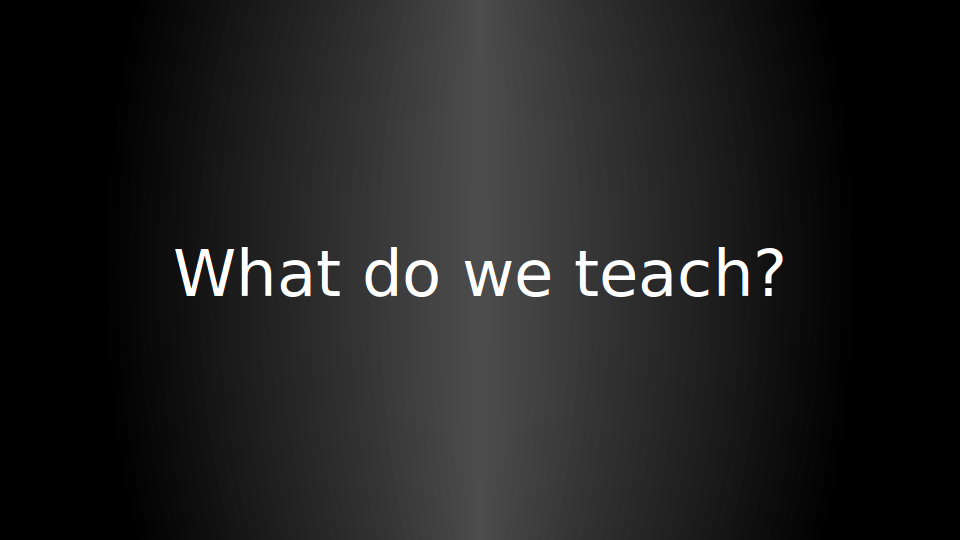
As I’ve gotten older, I’ve thought a lot about the meaning and purpose of life. Well, at least the purpose of life, the answer to the meaning of life is 42. And I’ve been on too many conversations to count on what should be the purpose of education.
So let’s read a random sampling of vision statements:
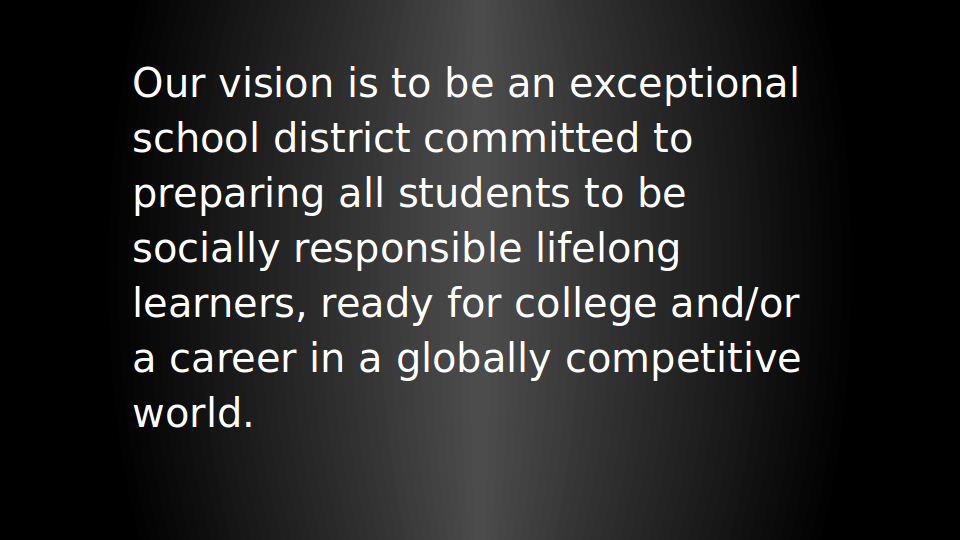
According to readability-score.com, this has an average grade level of 18.1.

How can a 2nd grader relate to this?
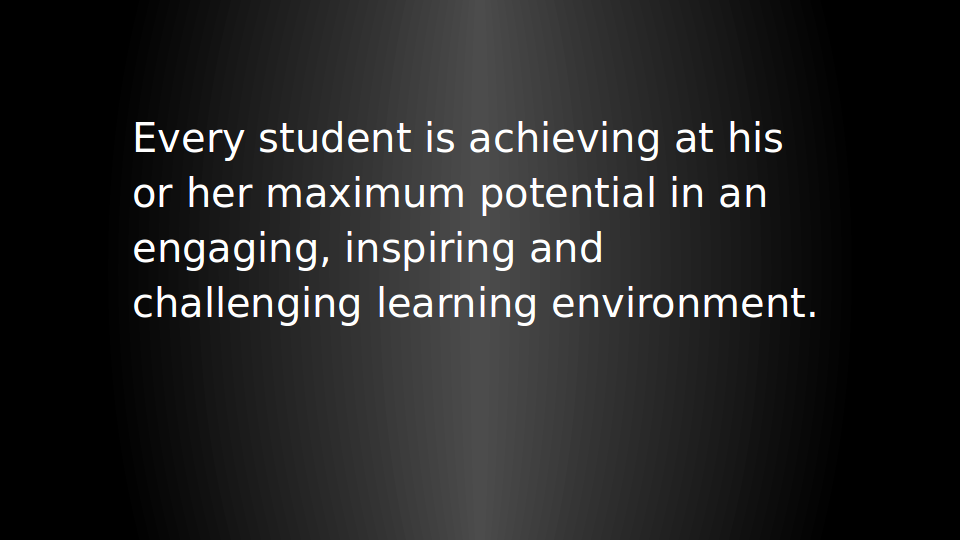
At least it’s shorter, but not easier with an average grade level of 17.4. It focuses too narrowly on the student at school, as if they don’t have a life outside the building or past graduation.

But I believe we’re thinking too hard. And I’m an expert in not thinking, so it’s easy for me to say that.

We live in a time of unparalleled leisure, where childhood is actually a thing. Anyone can be anything they want when they grow up. It is a time of unlimited possibility, and we should be taking advantage of it. But what is the one thing that we should be teaching? How can the solution to the purpose of life be simple?
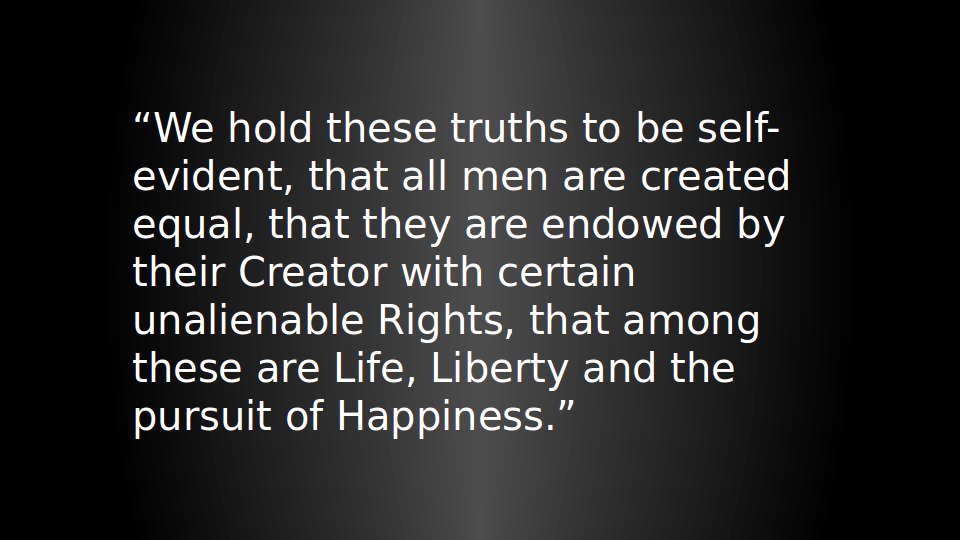
Thomas Jefferson figured it out 240 years ago. “We hold these truths to be self-evident, that all men are created equal, that they are endowed by their Creator with certain unalienable Rights, that among these are Life, Liberty and the pursuit of Happiness.”
Pharrel Williams sang about it last year in Happy:
Because I’m happy, clap along if you feel like a room without a roof.
Because I’m happy, clap along if you feel like happiness is the truth.

Who do you want to be around? A happy optimist who views difficulties as opportunites, or a cynical pessimist who views opportunities as difficulties. I’m reminded of a great quote by Steve Maraboli, “Happiness is not the absence of problems; it’s the ability to deal with them.” Unhappy people aren’t likely to take risks or follow their dreams, without which no progress can be made.
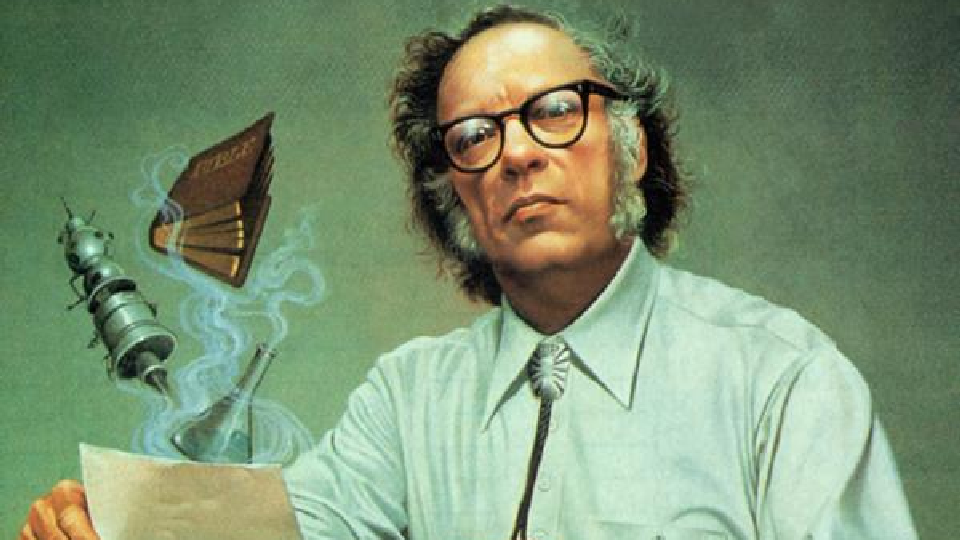
So, with my humblest apologies to Isaac Asimov and his three laws of robotics, I propose The three laws of humanity.
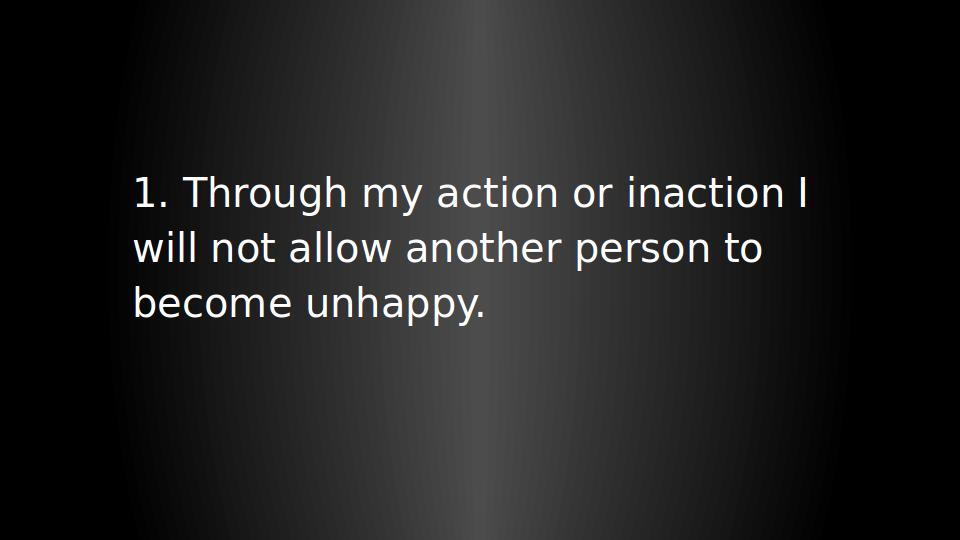
Our society needs its members to have a strong empathy towards others. This allows us to help those that are less fortunate.

But, more importantly, it allows us to forgive and move on. Unhappy people hold unproductive grudges, that slow not only their own progress, but also those that they hold the grudge against.
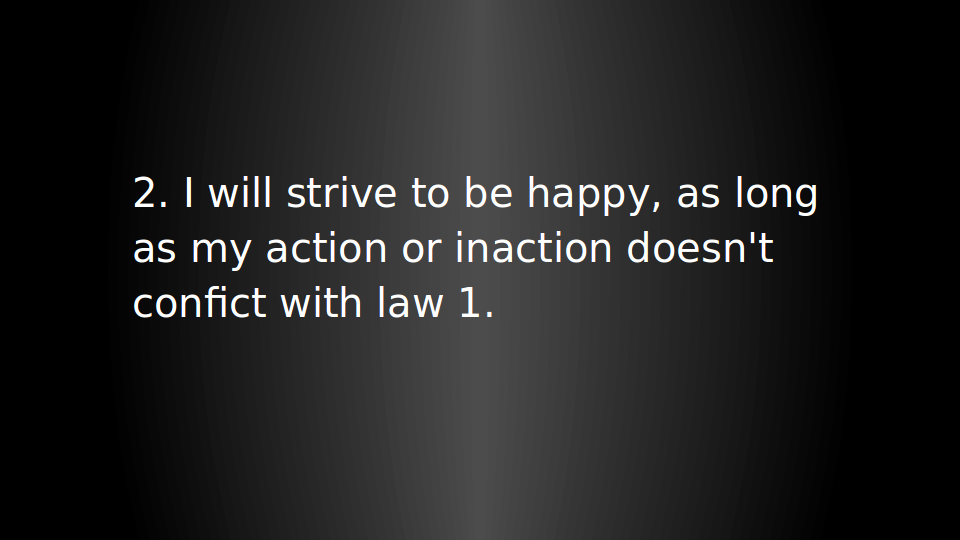
Straight from page one of the optimist’s handbook, this law comes in second. It’s not #1 because others should always be number one. No one is great without others, others are what makes one great.
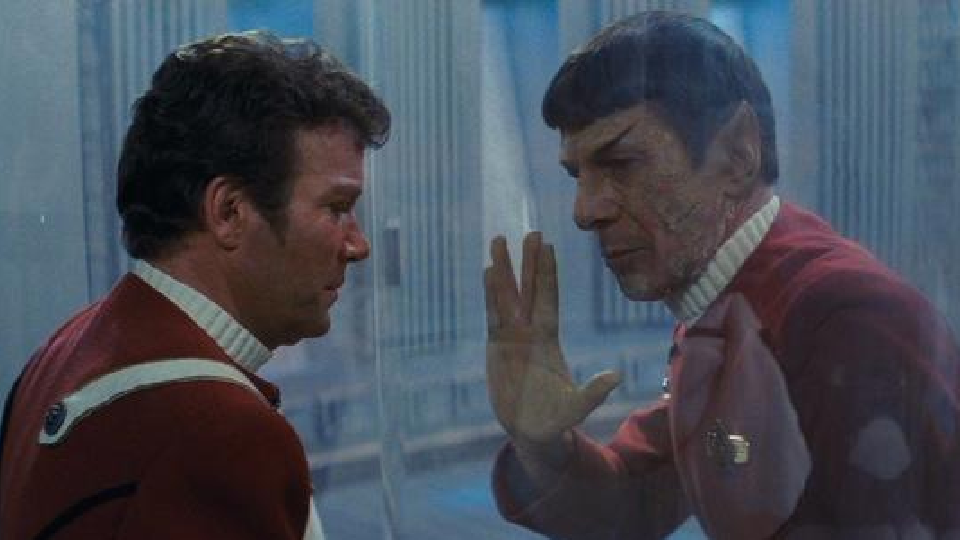
The needs of the many outweigh the needs of the few. Or the one. In the immortal words of High School Musical, we’re all in this together.

Happiness is hard work, finding what you enjoy, what you want to do. In the movie City Slickers, Mitch learns the secret of life from the gruff cowboy Curly.
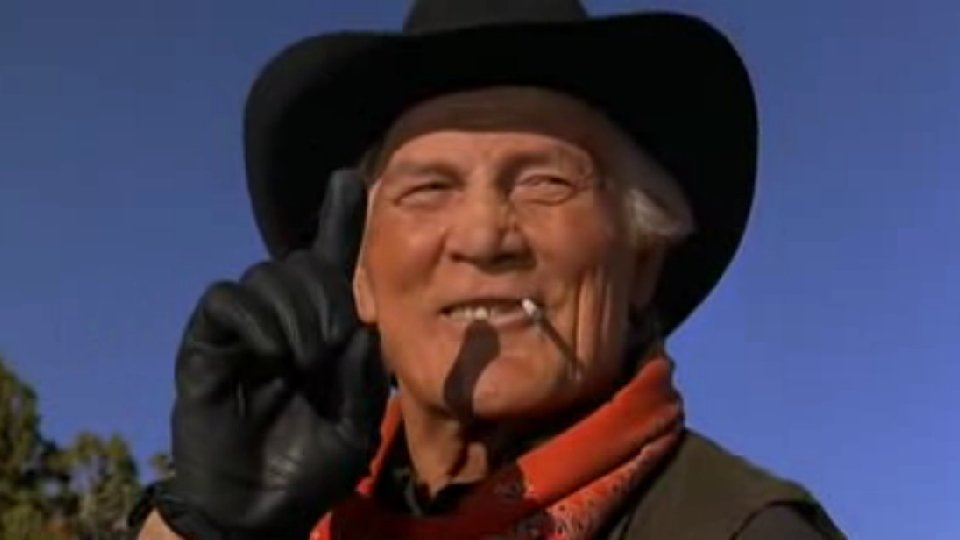
“One thing, Just one thing. You stick to that and the rest don’t mean anything.” Mitch asked, “But, what is the “one thing?”” to which Curly replied with a smile, “That’s what *you* have to find out.”
Never stop trying to find your one thing. I believe that your one thing may not be a constant in your life. If it was, once you find it then why continue living? Find your “one thing” for the present.
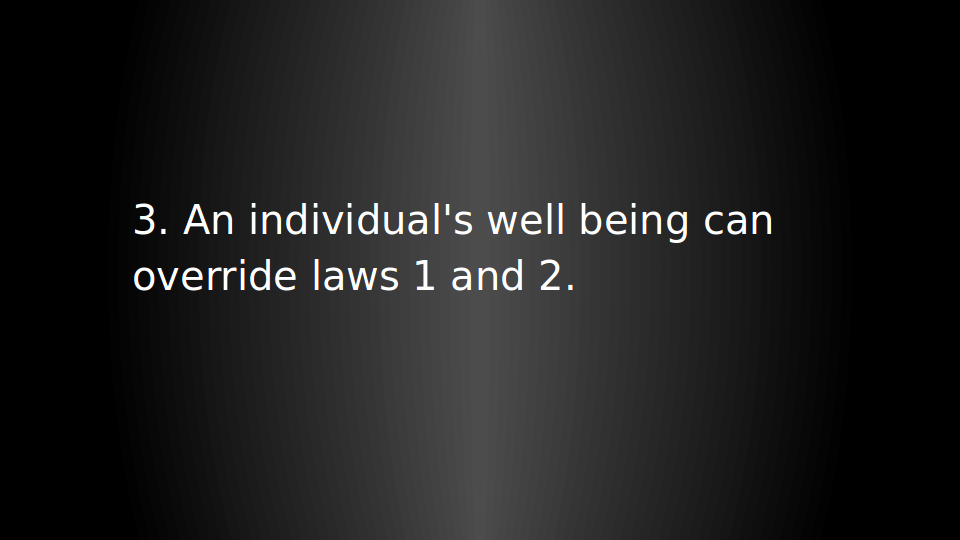
And then we get to a law that conflicts with laws 1 and 2 but is necessary.
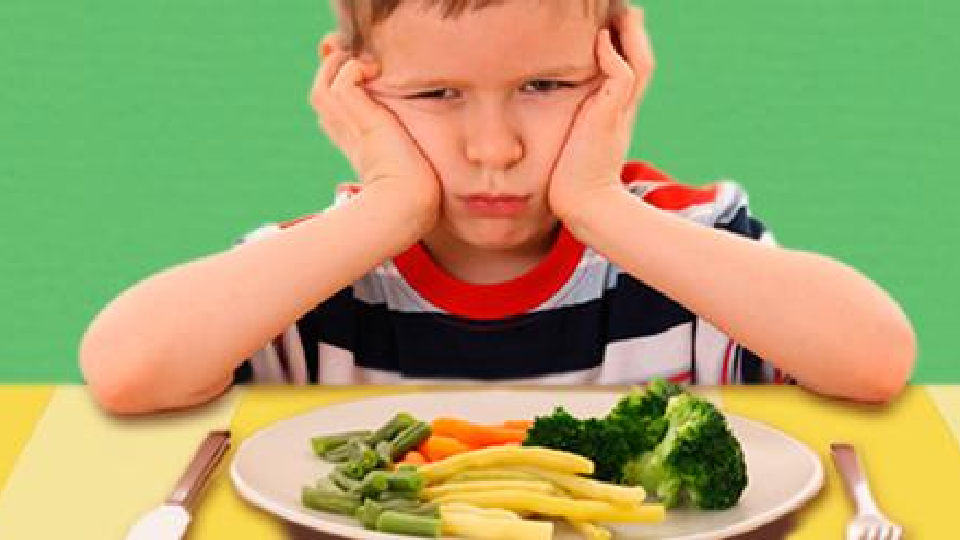
It covers those situations such making a child eat her vegetables, or getting a good nights sleep, or learning how to multiply fractions.
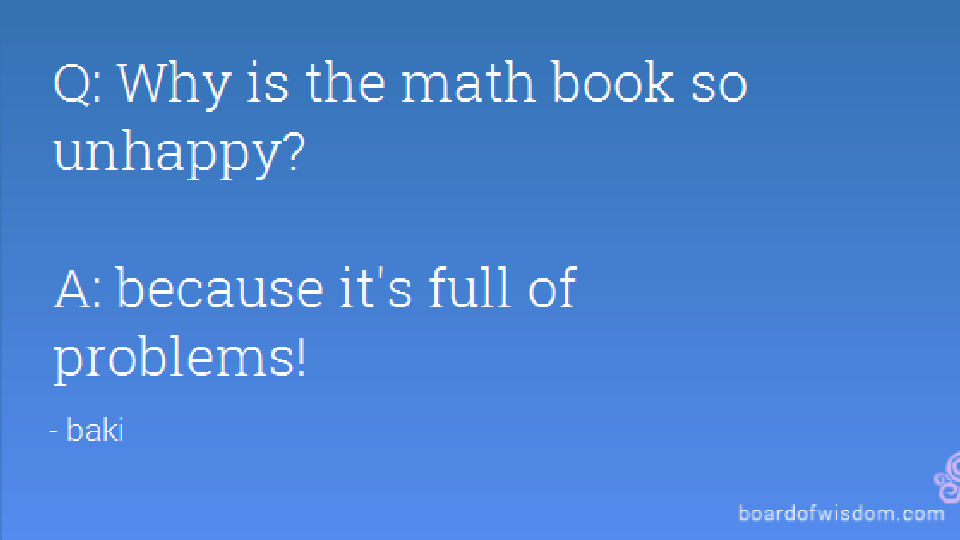
Sometimes we don’t realize the payoff of current unhappiness for future happiness.

Our job as teachers and human beings is to bring out the best in others and in ourselves. By following these three rules of humanity, we can accomplish much more than we ever thought possible.






Member discussion